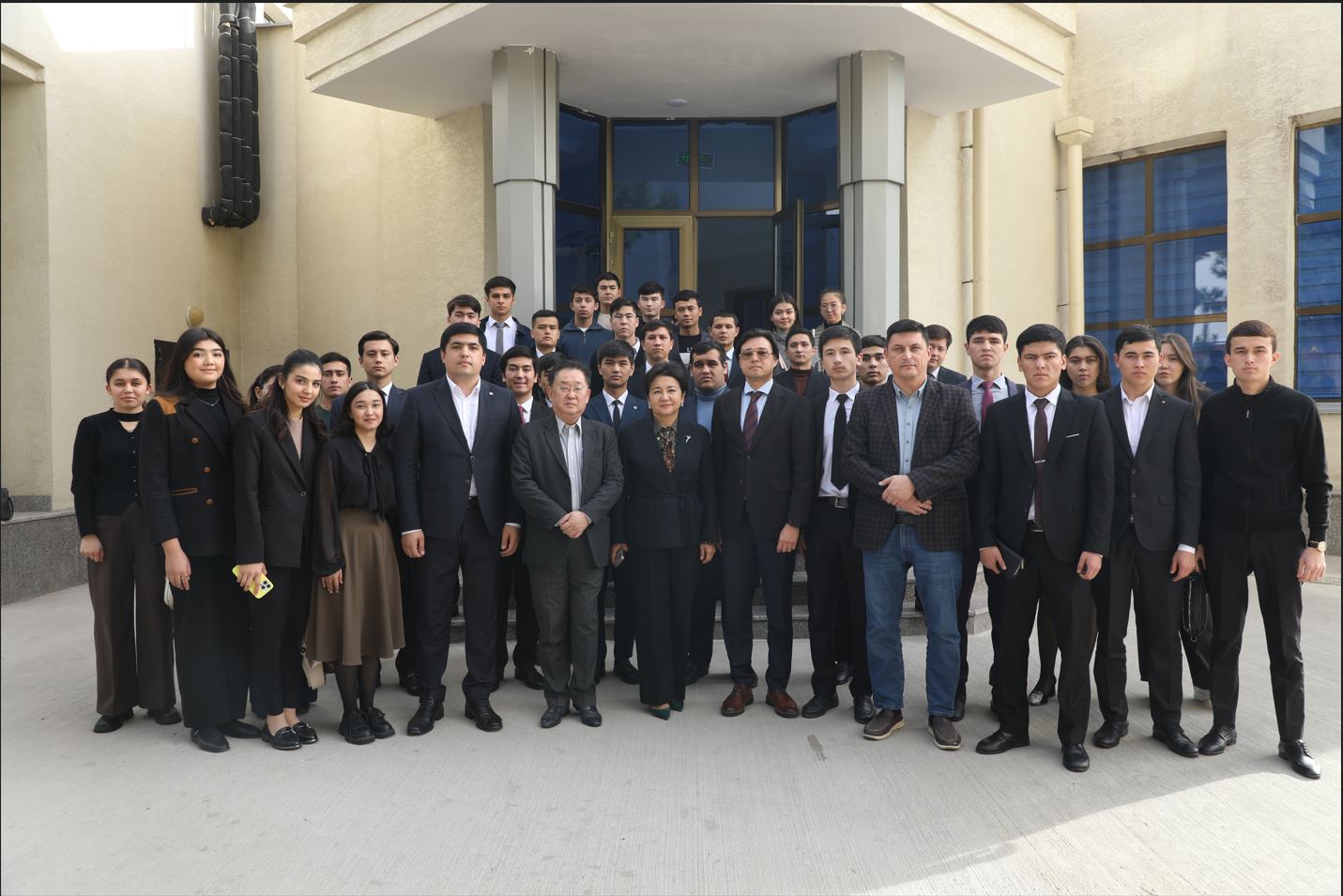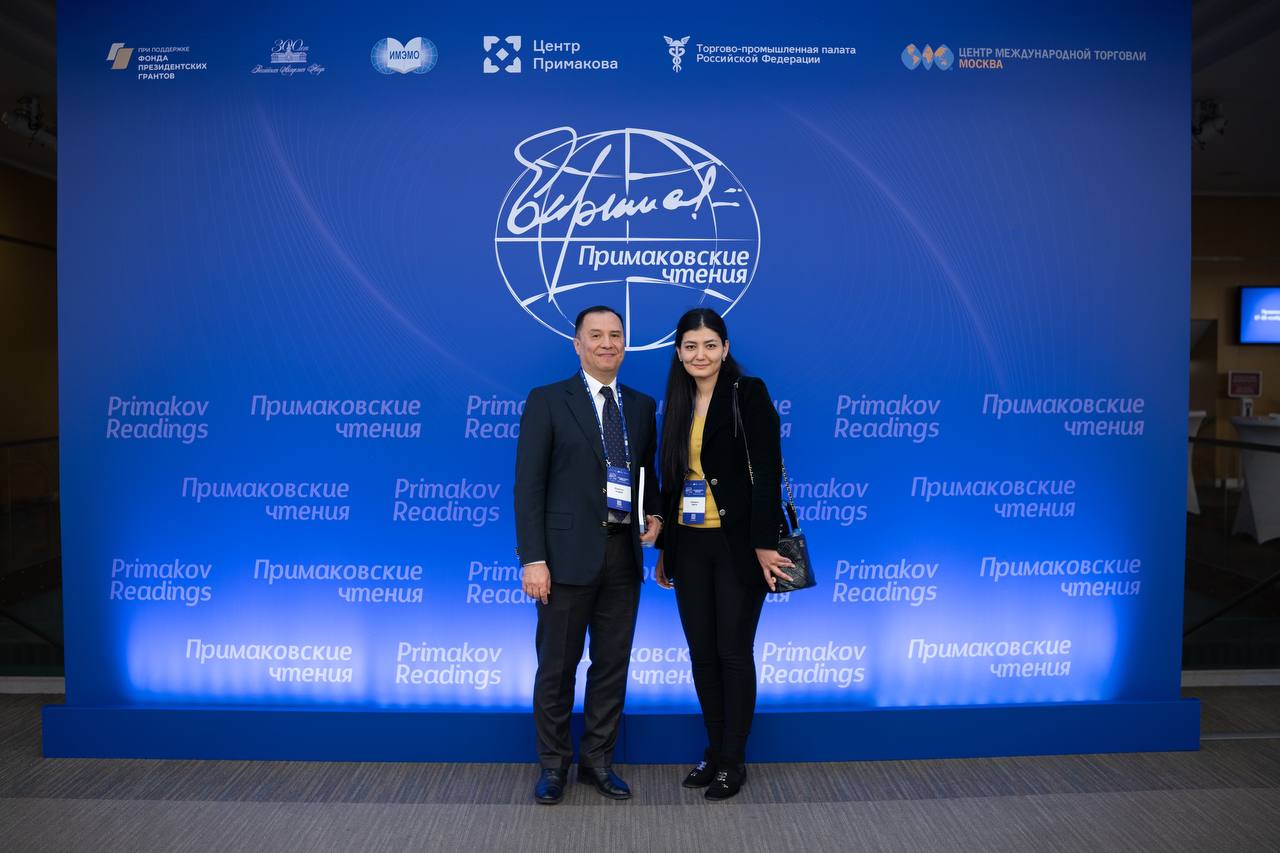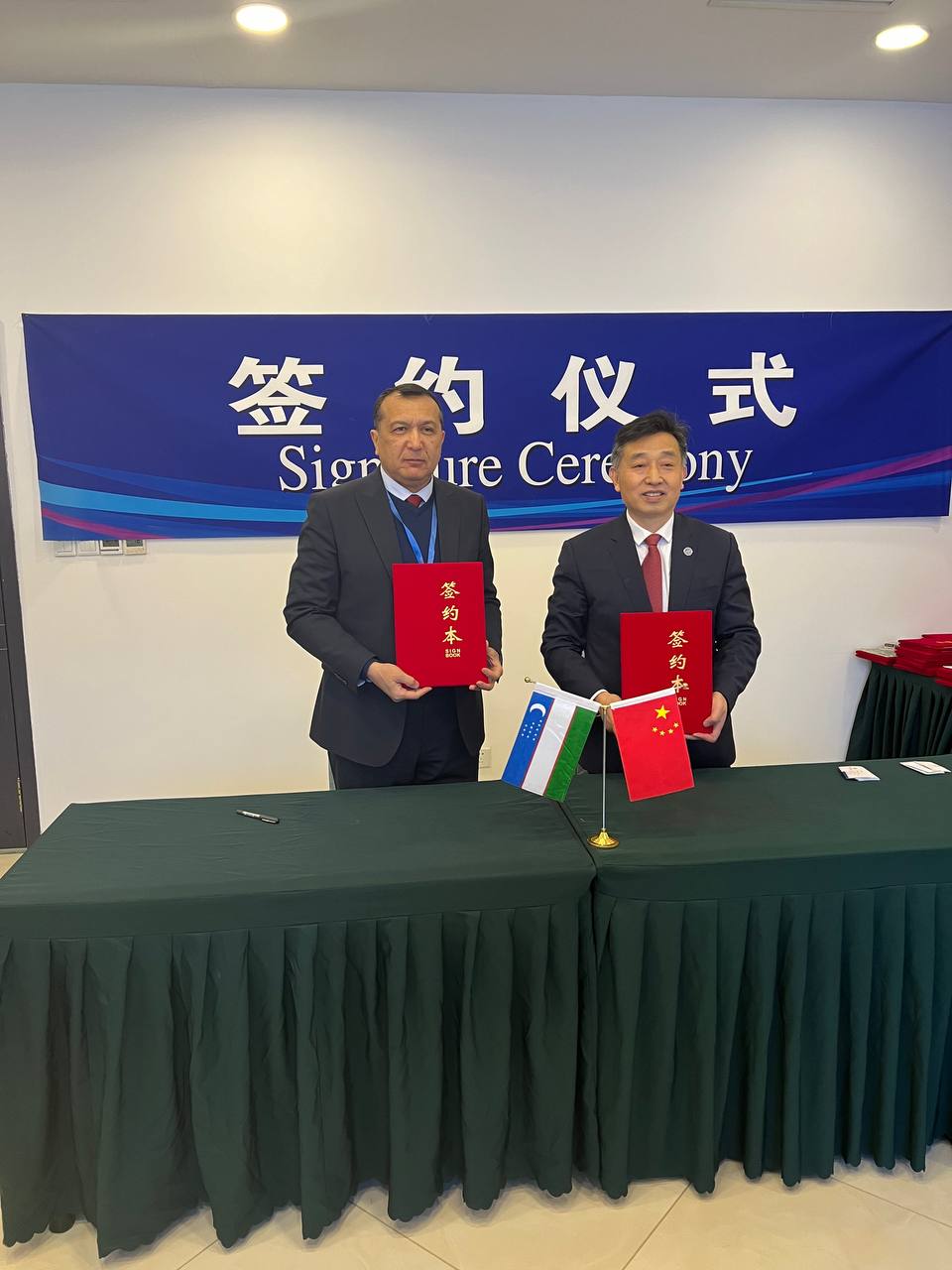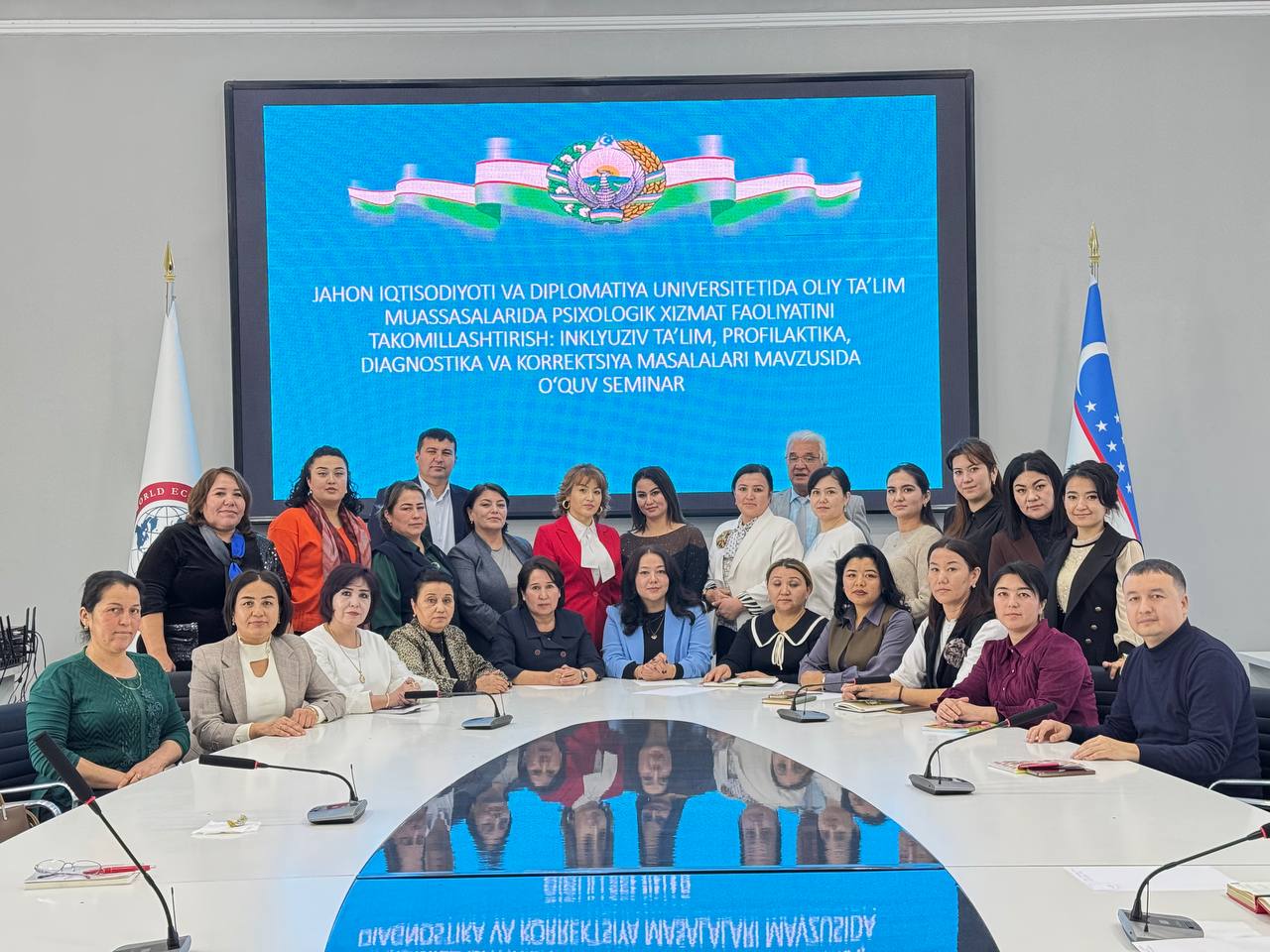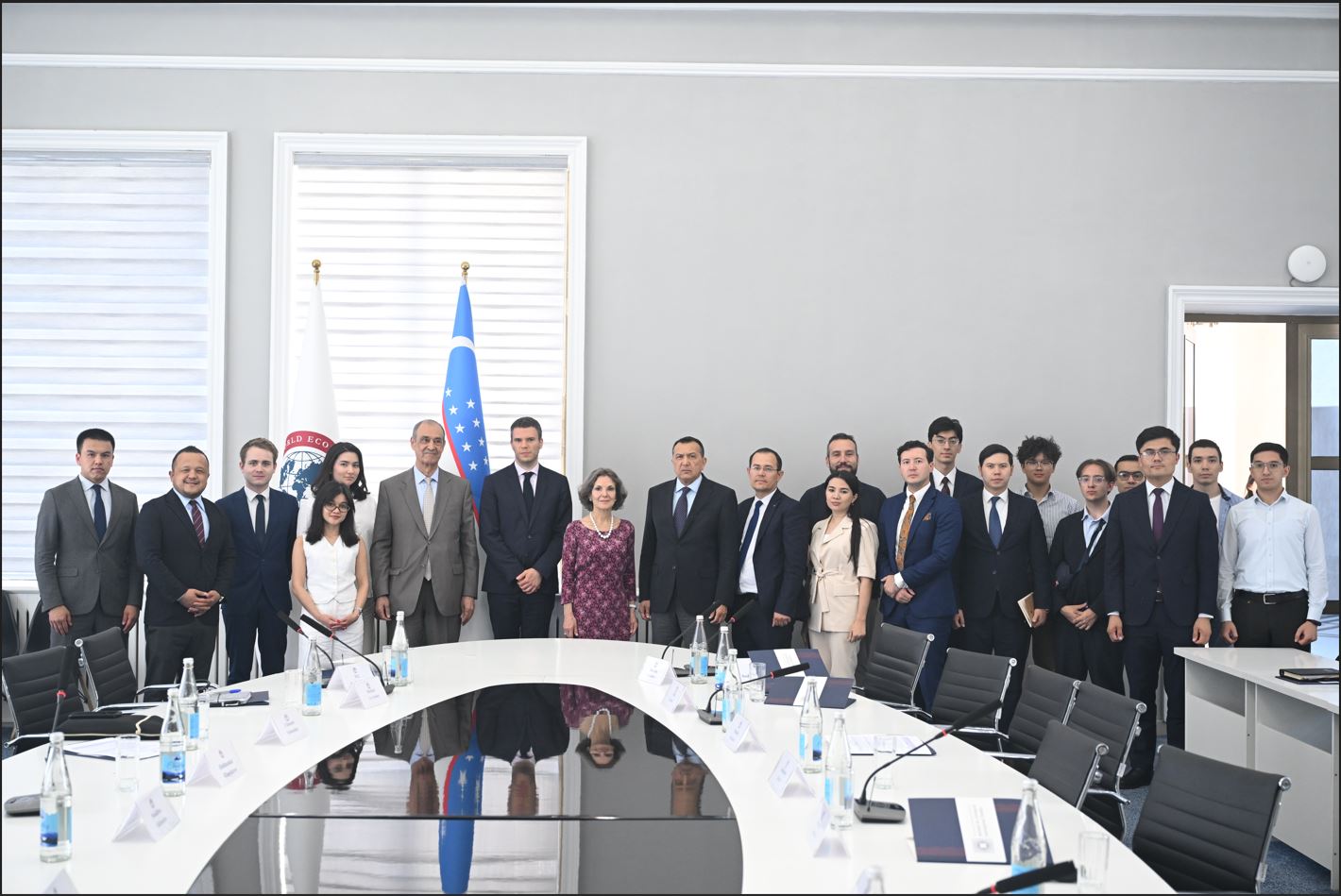
UWED representatives took part in the international conference on water diplomacy
UWED representatives took part in the international conference on water diplomacy
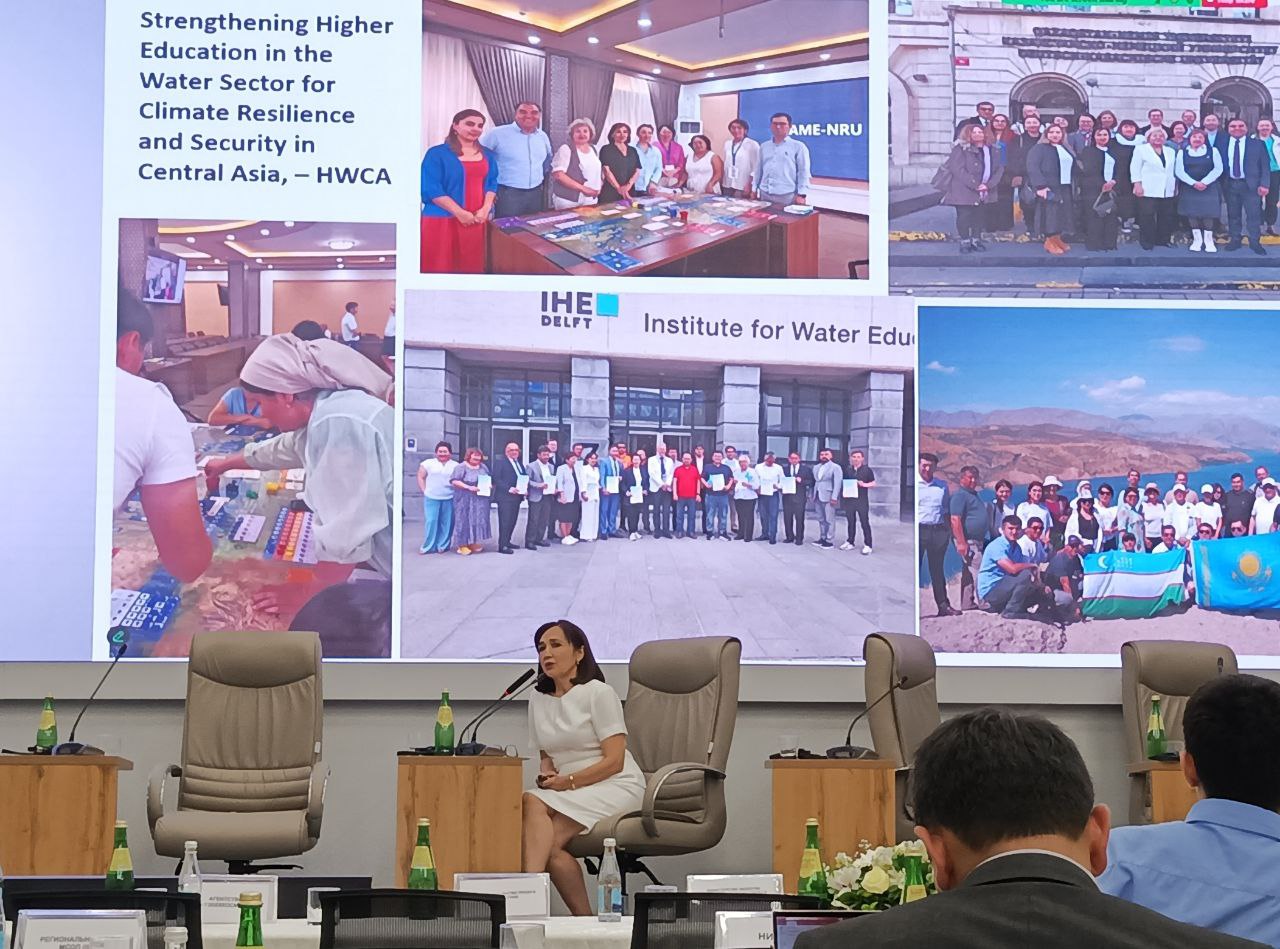
On June 4 of this year, the Central Asian University for Environment and Climate Change (Green University) hosted the International Conference on "Regional Dialogue on Water Diplomacy: Challenges, Solutions and Partnership".
The event was held within the framework of the joint project of the Ministry of Ecology, Environmental Protection and Climate Change, the United Nations Development Programme (UNDP) and the Global Environment Facility (GEF) "Conservation and Management of Lakes, Wetlands and Coastal Corridors as a Basis for a Sustainable and Land-Neutral Aral Sea Basin Landscape Supporting Sustainable Livelihoods" (The Aral Wetlands).
The conference was the first in a series of thematic seminars on water diplomacy envisaged within the framework of the Aral Sea Wetlands project, and brought together more than 50 participants from Uzbekistan, Kazakhstan, Kyrgyzstan, Tajikistan, Turkmenistan, as well as representatives of international organizations. Representatives of government agencies, the scientific community, NGOs, youth and women's organizations took part in the discussions.
The conference was held in the format of sessional meetings. The second session was devoted to "Water diplomacy and transboundary cooperation in the Aral Sea basin". From the University of World Economy and Diplomacy, Associate Professor Suriya Turaeva and Associate Professor Murat Bakhadirov took part in it as speakers.
Much attention at the conference was paid to the unique ecosystem of the Aral Sea region, which, despite the drying up of the Aral Sea, preserves the most important wetlands and bird migration routes.
The conference confirmed that only through an open and inclusive dialogue with the participation of all stakeholders – state institutions, NGOs, the scientific community and local communities – it is possible to form an effective platform for water diplomacy. This approach allows not only to prevent conflicts, but also to jointly find solutions that ensure water security, environmental sustainability and human well-being.
